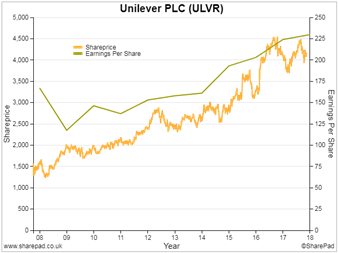The CSO Household Finance & Consumption Survey 2020
The CSO Household Finance & Consumption Survey 2020 has been published.
This publication by the Central Statistics Office presents the results of the 2020 Household Finance and Consumption Survey (HFCS), which was carried out between July 2020 and January 2021. Detailed information on household assets and liabilities is collected by the HFCS, as well as data on gross income and credit constraints & the full survey report is available via the link https://www.cso.ie/en/releasesandpublications/ep/p-hfcs/householdfinanceandconsumptionsurvey2020/introduction/
The survey provides an insight into the nations wealth and the data was collected from private households on the basis of self-assessment. A summary of the results is presented below:
- The median net wealth value of Irish households is €193,100. The median net wealth value, (defined as gross wealth less debt), is obtained by arranging all households in ascending order from the smallest to the largest value and then selecting the middle value. Therefore, half of all households have a net wealth value less than €193,100.
- More than two-thirds (69.6%) of all households own their main residence, either with or without a mortgage. The median value of the household main residence (HMR), for those households that own their HMR, is €260,000.
- In 2020, 4.1% of all HMRs owned with a mortgage are in negative equity.
- More than two-thirds (68.1%) of all households have some form of debt. Overall, the median value of debt for households with any form of debt is €25,000.
- The proportion of credit constrained households is 6.4%. A credit-constrained household is one that applied for credit and was turned down or received less credit than the amount applied for. It may also be one that considered applying for credit but did not do so due to the perception that the application would be turned down.
- The median debt to asset ratio, the ratio of total liabilities to total gross assets for households with debts, is 23.3%.
- The debt to income ratio, the ratio of total liabilities to total annual gross household income, is 40.8%.
- For households that have a mortgage on their HMR, the median loan to value ratio, the ratio of the outstanding amount of the HMR mortgage to the current value of the HMR, is 45.2%.
- More than nine out of every ten households (97.1%) own some form of financial asset (e.g. savings, shares, voluntary pensions.) For households that own financial assets the median value is €13,300. See PxStat table HFC2008.
- The Gini coefficient for net wealth, (a statistical measure of inequality), is 65.4 in 2020. See Figure 8.1.
If you would like talk to us about your personal finances, contact michael@lifetimefinancial.ie or aidan@lifetimefinancial.ie
Michael Wall Ph.D CFP® is a Director at Lifetime Financial Planning. Lifetime Financial Planning Ltd Trading as Lifetime Financial Planning is regulated by the Central Bank of Ireland. All views and details contained within this article are for information purposes only, are subject to change & are not advice. We recommend you seek independent clarification for your particular circumstances. Lifetime Financial Planning makes no representations as to the accuracy, completeness nor suitability of any of the information contained within and will not be held liable for any errors, omissions or any losses arising from its use.








